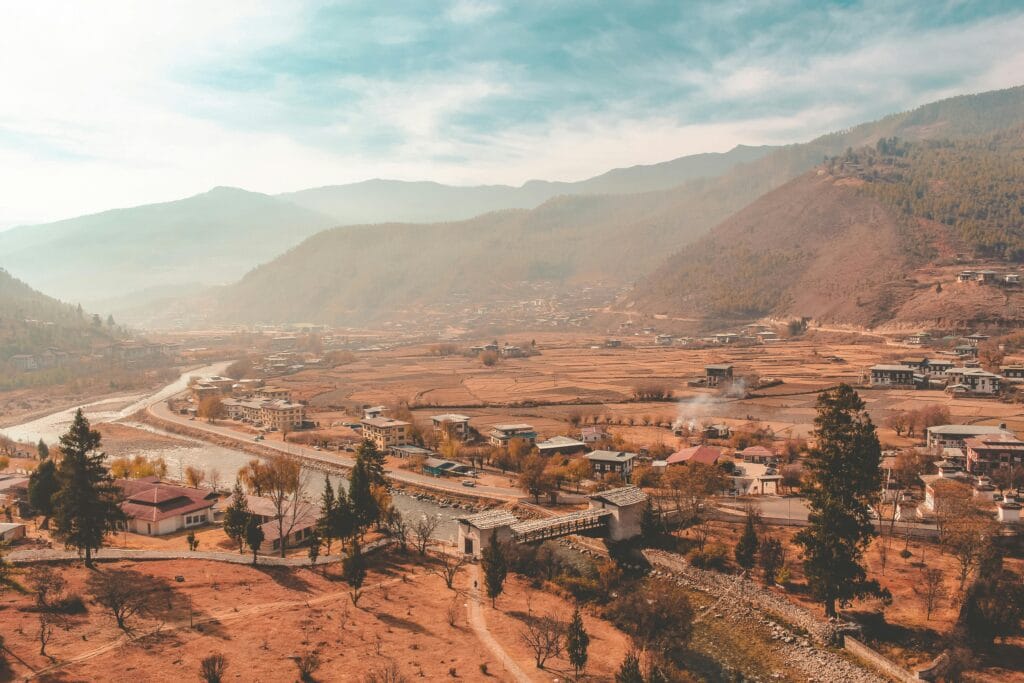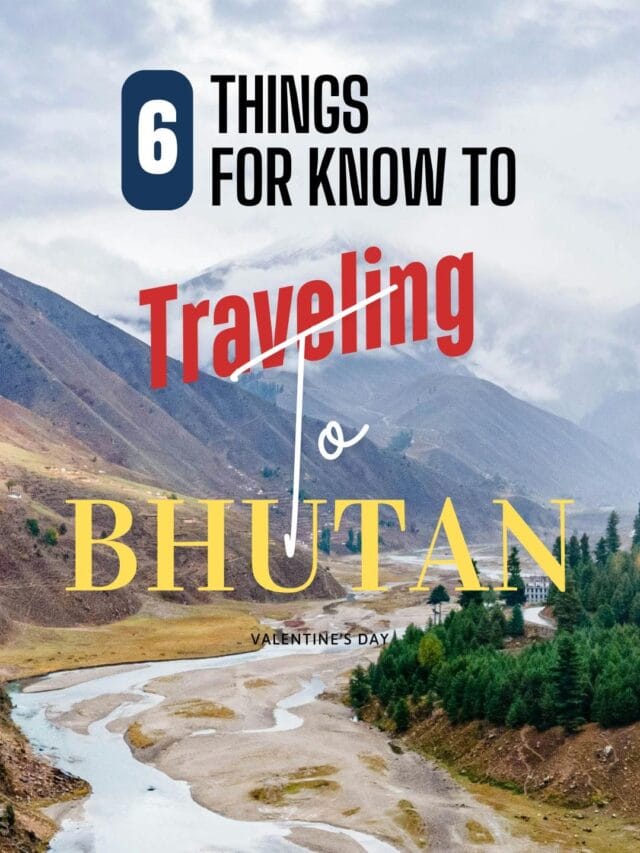10 Essential Things to Keep in Mind When Traveling to Bhutan
Bhutan, the Land of the Thunder Dragon, is a breathtaking Himalayan kingdom known for its stunning landscapes, rich cultural heritage, and commitment to Gross National Happiness. While traveling to Bhutan is a dream for many, there are several important aspects to consider before visiting this beautiful country. From visa requirements to cultural etiquette, here are ten essential things you must keep in mind for a smooth and memorable journey.

1. Visa and Travel Permit Requirements
Bhutan has a strict visa policy for international tourists, except for citizens of India, Bangladesh, and the Maldives. Travelers from other countries must book their trip through a registered Bhutanese tour operator and obtain a visa before arrival. Indian tourists need an entry permit, which can be obtained at the border or airport by providing a passport or voter ID.
2. Sustainable Development Fee (SDF)
Bhutan charges a Sustainable Development Fee (SDF) to promote responsible tourism. For most international travelers, the SDF is $100 per person per night. Indian tourists pay a reduced fee of ₹1,200 per night. This fee helps maintain Bhutan’s pristine environment and supports local communities.

3. Mandatory Guided Tours
Except for Indian, Bangladeshi, and Maldivian tourists, all foreign travelers must book their trip through an authorized Bhutanese travel agency. These packages include guided tours, accommodations, meals, and transportation, ensuring a hassle-free experience while exploring the country.
4. Best Time to Visit Bhutan
The ideal time to visit Bhutan is during spring (March to May) and autumn (September to November) when the weather is pleasant, and festivals like Paro Tsechu and Thimphu Tsechu take place. Winter offers stunning snowy landscapes, while monsoons bring lush greenery but also heavy rainfall.

5. Cultural Etiquette and Dress Code
Bhutanese culture is deeply rooted in Buddhism, and visitors should respect local traditions. When visiting monasteries and dzongs, dress modestly by covering shoulders and legs. Removing shoes before entering religious sites is mandatory. It is also customary to greet locals with a slight bow as a sign of respect.
6. Restricted Areas and Special Permits
Certain areas of Bhutan, such as the districts of Lhuentse and Trashigang, require special permits for entry. Indian tourists traveling beyond Thimphu and Paro must obtain a route permit from the Bhutanese immigration office in Thimphu. Always check permit requirements before planning your itinerary.
Also Read: Guide to National Highways in Punjab: Key Routes, Importance
7. Currency and Payment Methods
The Bhutanese currency is the Ngultrum (BTN), but Indian Rupees are widely accepted. ATMs are available in major cities, but cash is preferred in remote areas. International credit and debit cards may not work everywhere, so carrying sufficient cash is advisable.

8. Internet and Mobile Connectivity
While Bhutan offers good mobile connectivity in urban areas, remote regions may have limited network coverage. Tourists can buy a local SIM card from Bhutan Telecom or TashiCell for better connectivity. Wi-Fi is available in most hotels and cafes, but speeds may vary.
9. Food and Dining Etiquette
Bhutanese cuisine is known for its spicy flavors, with Ema Datshi (chili and cheese) being a national favorite. Rice and meat-based dishes are common. When dining with locals, it is customary to say “meshu meshu” (a polite refusal) before accepting food as a sign of respect.
Also Read: Top 10 places to visit in Portugal, A Traveler Best Guide
10. Health, Safety, and Travel Insurance
Bhutan is one of the safest travel destinations, with low crime rates and friendly locals. However, travelers should have travel insurance covering medical emergencies, altitude sickness, and trip cancellations. Basic healthcare facilities are available, but advanced medical care may require travel to India or Thailand.
Conclusion
Bhutan offers a unique and enriching travel experience, but proper planning is essential to ensure a hassle-free journey. By understanding visa rules, cultural etiquette, and travel costs, visitors can make the most of their time in this enchanting kingdom. Whether exploring ancient monasteries or trekking through the Himalayas, Bhutan is sure to leave you with unforgettable memories.


